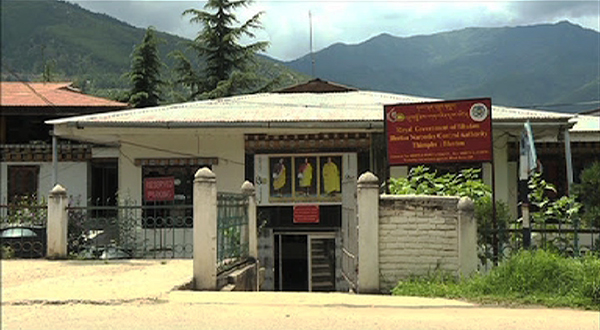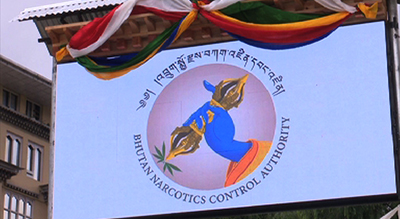 Substance abuse and drug trafficking have led to disorientation among the majority of the youth in Bhutan. The International Day Against Drug Abuse and Illicit Trafficking is themed “Better Knowledge for Better Care”. The theme emphasizes the need to improve the understanding of the drug problem and building solutions based on facts and shared responsibility.
Substance abuse and drug trafficking have led to disorientation among the majority of the youth in Bhutan. The International Day Against Drug Abuse and Illicit Trafficking is themed “Better Knowledge for Better Care”. The theme emphasizes the need to improve the understanding of the drug problem and building solutions based on facts and shared responsibility.
People often judge drug use as a crime and abusers as a criminal who needs to be punished. But according to the World Drug Report 2020, mental health, genetics and unhealthy environment can contribute to developing drug use disorder and it cannot be controlled by an individual.
Officials at the Bhutan Narcotics Control Authority (BNCA) say understanding drug use disorder as a disease can help provide better care and treatment, which could lead to demand reduction.
Ugyen Tshering, the Chief Program Officer at the BNCA dissects the misunderstanding of drug abuse. “The drug problem has been plagued by the misinformation of many kinds at the global, regional and national levels. People from all walks of life, policymakers and sometimes even service providers work on understanding that drug use disorders are not a multi-factorial health issue but a moral failure or a crime to be punished. Drug use disorder, therefore, should not be considered self-acquired and need timely support and treatment,” he said.
“They have to know that addiction is a brain disease and addiction is like any other chronic diseases like hypertension and diabetics. If you cross the threshold and then you move into addiction, you can just manage it by keeping yourself away from the substances like if you have hypertension and diabetics, you can only manage it by doing exercise and diet restriction,” said Sonam Jamtsho, the Deputy Chief Program Officer with the BNCA.
As per the record with BNCA, the number of people undergoing treatment and rehabilitation has increased over the years. The number had reached around 250 last year from around 120 in 2016.
Despite providing treatment and counselling to drug users who consult BNCA, Sonam Jamtsho says the office has separate service designed for people in quarantine centres during this pandemic. “Since they will be there for 21 days we have designed our programmes for 21 days. All the screening and assessment will be done online through Zoom and also by emails and if possible other apps like messengers and WhatsApp. And we have designed the counselling session in such a way that it can be done on Zoom,” he added.
 Marking the day last Friday, BNCA launched a Digital Billboard near the clock tower in the capital and their first newsletter which will be published twice a year. The authority also launched its official logo.
Marking the day last Friday, BNCA launched a Digital Billboard near the clock tower in the capital and their first newsletter which will be published twice a year. The authority also launched its official logo.
Sangay Chezom







